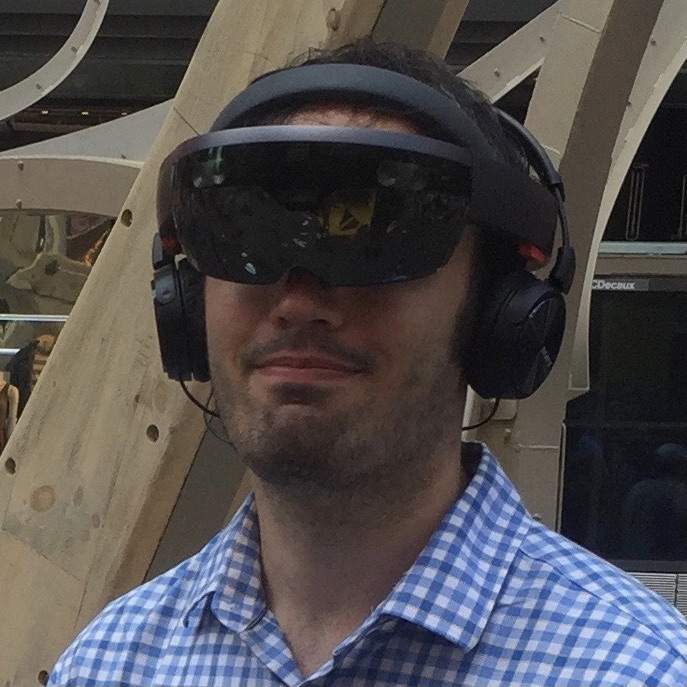8K FAQ: Our top questions about 8K answered by Samsung
We've taken your best questions to Samsung in search of answers
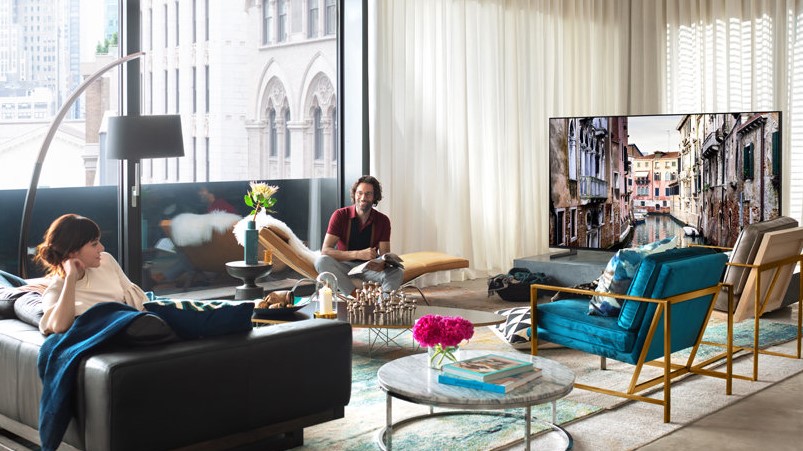
Recently we were invited to the Samsung QA Labs in New Jersey, to get a closer look at its new Q900R 8K QLED TV and get an in-depth explanation of how exactly how it uses an AI-based quantum processor to upscale content to 8K.
The visit, while certainly educational, raised a number of questions about how many people actually want to buy 8K TVs. So, in the midst of metaphorically dissecting their TVs to help us understand what makes them tick, Samsung’s engineers also gave us the rundown on why they believe the TV market is ready for an 8K explosion and how 8K might fit together with other new screen technology.
Will 5G networks, Hollywood buy-in and pressure from TV parts manufacturers make 8K the new standard, or will slow broadband, content creator apathy and pricey TVs keep 8K as a novelty for the next few years? Here are the best questions we came up with about 8K adoption and what we found out.
Is 8K an inevitability or a passing fad?
What we know right now is that there are three main 8K TVs for sale in the US market: the Samsung Q950R, its 2018 predecessor the Q900R, and the Sony Master Series Z9G. All three received 5-star reviews from Techradar editors, with the Q950R and Q900R receiving best-in-class rankings. Once more TV manufacturers leap into 8K, we’ll have to see if Samsung retains its infant championship belt.
While the timing and pricing for upcoming 8K TVs aren’t fully set in stone, we do know that the majority of major TV manufacturers will either release their first 8K or bring Asian-exclusive 8K sets to North America and Europe in 2020.
LG will bring its 88-inch 8K OLED (OLED88Z9) to western markets later this year. Panasonic first built an 8K TV back in 2012, and recently joined the 8K Association (8KA) with Samsung to set guidelines for 8K hardware and content; so it’s safe to say it will be hopping back into the 8K fray soon.
TCL and Hisense also joined the 8KA and have their own 8K sets in the works, though with uncertain timelines. At CES 2019, the TCL 8-Series 8K QLED Roku TV impressed our editors as a visually superb, budget 8K option during their hands-on. While the 8K 8-series was expected to come out in 2019, TCL’s last press release only confirms that the 4K 8-Series will sell this fall—the 8K, meanwhile, should sell “soon”. Toshiba (a brand owned by Hisense), on the other hand, showed off an 8K concept model last year that blew us away with its color gamut and pixel quality, but hasn’t officially confirmed its intention to mass produce it.
Get daily insight, inspiration and deals in your inbox
Sign up for breaking news, reviews, opinion, top tech deals, and more.
Japanese manufacturer Sharp has sold 8K monitors in Europe and Asia since last year, and recently reacquired its license from Hisense to sell in the United States. So you can bet that a flashy 8K TV could be one way Sharp inserts itself back into the minds of TV buyers.
What does any of that mean, well, it shows that nearly every TV manufacturer—Samsung included—is very serious about 8K.

Will I be able to buy 8K Blu-rays?
When asked if Samsung had any plans to sell an 8K Blu-Ray player in the future, their engineers said that they couldn’t give a definitive answer, but that they didn’t think it would ever happen. They suggested that Hollywood studios and the marketplace were collectively and happily moving towards streaming as the best way to distribute content—meaning the demand for an 8K player wasn’t high enough to justify the costs of creating one.
We should take this prediction with a grain of salt: Samsung stopped creating both 4K UHD Blu-Ray and 1080p players earlier this year, showing that its company has lost faith in that market; however, other companies like Sony and Panasonic still have high hopes for 4K disc players, so they could very well choose to produce 8K discs a well if they ever want to.
Nothing of the sort has been announced but it is possible: According to Display Daily, Blu-Ray discs can contain approximately two hours worth of 8K content, but is only licensed to do so in the Japanese market. So while it’s possible, it may not reach an American or European market where discs may have dropped in popularity.
Will I be able to stream 8K video?
Samsung was much more effusive about its content partners’ plans to bring 8K content to its apps. According to them, it’s very popular for filmmakers to shoot scenes in 8K for an eventual 4K release. During an 8K summit that Samsung hosted, filmmakers discussed how 8K made post-production so much easier, because hey have four 4K streams worth of content to choose between, so they don’t miss a shot.
Now Samsung’s engineers predict that filmmakers will adapt to use 8K cameras for their actual purpose and produce native 8K content for 8K screens. Eventually, you’d likely see movie icons in the Samsung universal guide that indicates when a film is made in native 8K.
This won’t be a widespread practice; filmmakers would resent losing the flexibility that downgrading to less-stringent resolution standards would afford them. But some acclaimed directors like Peter Jackson and Christopher McQuarrie have already adopted 8K. Channels and apps that can offer these max-res films for their platform will have a definite advantage.
How will 8K video be encoded?
Odds are, even if you buy an 8K TV or monitor, you haven’t actually watched much native 8K content. Amateur filmmakers can upload 8K video to YouTube or Vimeo, like the video above, but the quality depends on your internet bandwidth and the video’s compression codec.
Watch this video on your YouTube app on the Q950R, and your service provider will use High Efficiency Video Coding (HEVC) to decompress it. One HEVC, according to the folks at the 8K Video Summit earlier this year, demands a “minimum average bitrate of 84Mbps”, just below the 95Mbps average for US households. And in actuality, the industry recommendation for a successful decompression is 120Mbps, well above the average household maximum.
For comparison, Samsung very optimistically claimed that you only need 40MB of bandwidth for 8K.
Mauricio Alvarez-Mesa, a speaker at the Summit, gave a more realistic prognosis: 8K TVs will need to adopt a new codec like Versatile Video Coding (VCC), or else a huge portion of TV owners won’t actually be able to take advantage of 8K content. VCC will reportedly be approved as an HEVC in 2020, so we may see some streaming improvements next year.
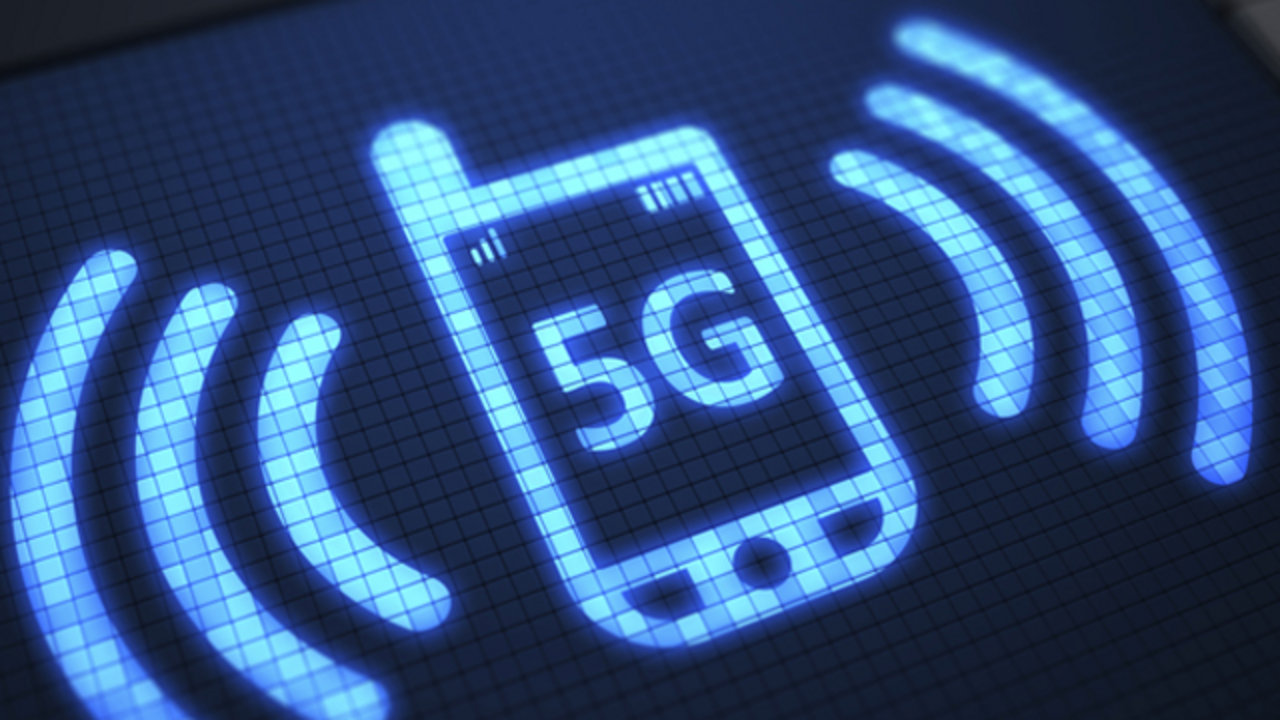
Will 5G play a role in 8K technology?
5G networks with their 1Gbps download speeds are slowly approaching—at least in more urban areas—and could have a major effect on the feasibility of 8K streaming.
Samsung said as much during its presentation, claiming that 5G would majorly improve access to 8K content for a number of households.
For now, however, only one company is explicitly building its 8K TV with 5G in mind: Huawei. Famous for its mobile devices, this Chinese manufacturer has never made a TV before now—only TV parts for other manufacturers like Hisense. Now Huawei plans to combine its 5G expertise with a next-gen TV, and ensure that its content always runs more smoothly than TVs restricted by your terrible home wifi.
Will 8K TV prices come down?
For the five-star 8K sets on sale now, you’re paying a premium for quality.
The Sony 8K costs $12,999 (£14,000) for the 85-inch set and a shocking $69,999 (£84,999) for the 98-inch set. Samsung’s 82- and 98-inch Q900 Series costs a similar $14,999 (£14,000) and $69,999 (£80,000), respectively—though only after a $30,000 price cut to better match Sony’s prices.
For mere mortals, you’re better off spending a more economic $3,000 / £3,000 for a 65-inch Q900R or £4,999 for the Q950R.
Of course, these prices are only economic for a wealthy minority of buyers; for everyone else, three to five grand for a TV with very little native content can only be described as a luxury buy, no matter how impressive the specs.
Competitive price cuts will be what makes 8K affordable enough for a larger minority of TV buyers. Though considering the powerful specs in 8K TVs, along with the fact that the majority of them are 75 inches or larger, manufacturers likely can’t discount them too much and still make a profit.
If any company will make 8Ks more accessible for everyday consumers in 2020, TCL and its Roku 8-Series would be a safe bet... but even that's not a guarantee. TCL's 4K 8-Series is expected to sell for $1,999 so you can bet that the 8K will be closer to the Q900R price than we might like.
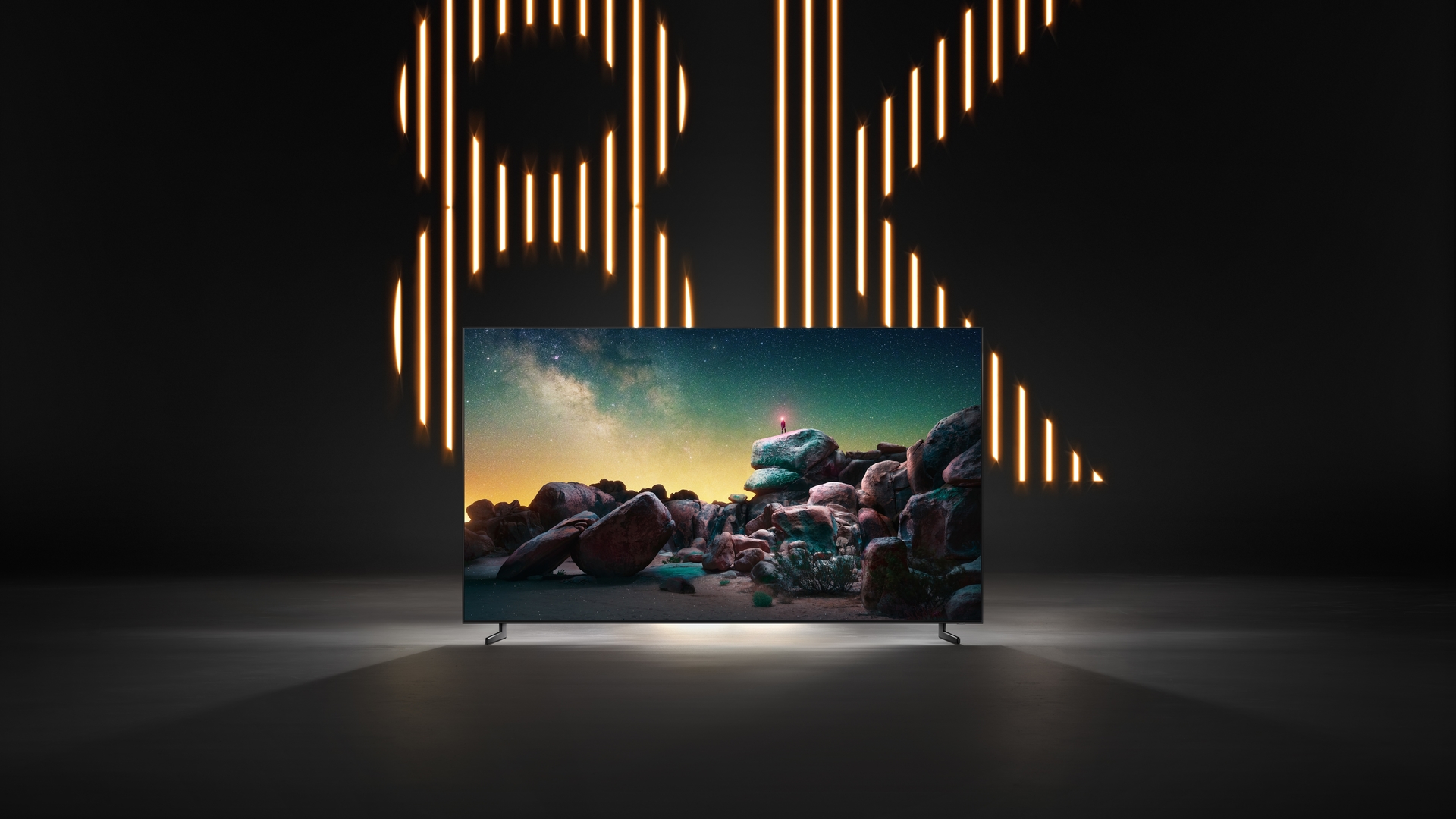
Are people ACTUALLY buying 8K TVs right now?
According to this Broadband TV News write-up on 2018 TV sales, consumers bought 221 million TVs last year. Of those, 99 million were UHD sets, and UHD sales surpassed regular HD TV sales for the first time in the fourth quarter of 2018.
8K TVs, by comparison, sold 18,600 globally in 2018, with most of those sales isolated to Japan according to the report. Keep in mind, though, that IHS Markit predicted that 8K sales would jump to 430,000 this year, and 3.6 million in 2020. Samsung’s team members, by comparison, said that they predicted that the market would “get closer to 100,000 units” for 2019.
How accurate these numbers are will depend greatly on how much consumers buy into the idea that they need to upgrade from 4K, despite the steep cost. Until they do buy in, content creators may be reluctant to produce 8K content for such a small user base.
How much does Samsung and LG have control of the market?
Samsung admitted during its panel that switching to a new TV format is always a bit of a “chicken and egg” situation. You have to make 8K TVs even if the market isn’t ready for them, because the market will never be ready until more people have 8K TVs.
So why try selling them now? One reason could be pressure from the third-party factory companies that manufacture your TVs. The Samsung reps suggested that panel manufacturers, for example, need to keep improving the types of panels they build in order to remain profitable.
Thus, the market could see fewer and fewer HD and 4K TVs, not because they aren’t selling well, but because 8K will present more market opportunities for greater profits per manufactured TV. Huawei's sudden entrance into the TV game is just one example of how the manufacturing market has shifted to make 8K a priority, for better or worse.
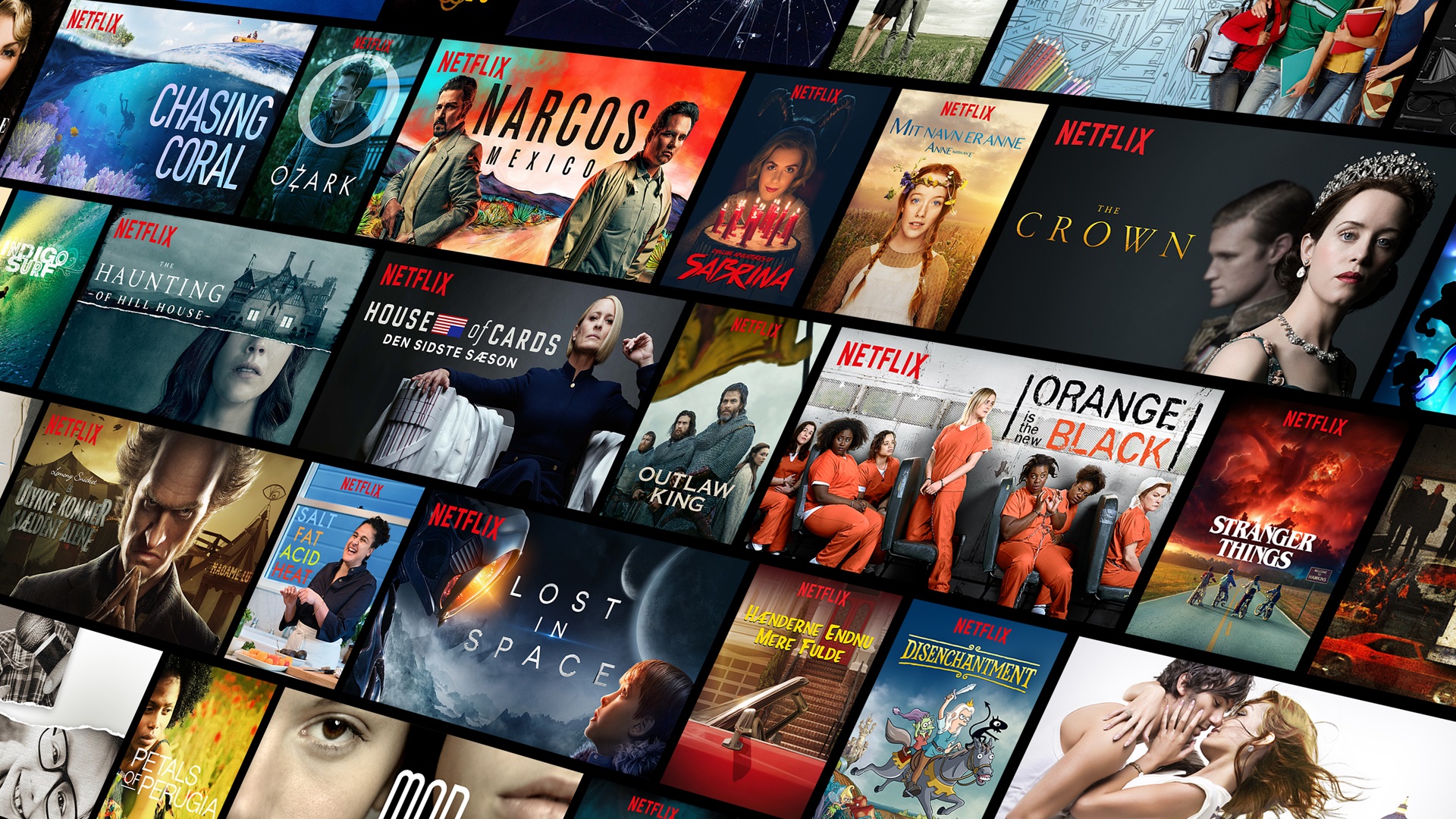
Will Netflix ever stream 8K videos?
When asked about the lack of 8K content to support the new influx of 8K TVs, the QA Labs team claimed that the free market and consumer choice would soon come to the rescue. With the advent of new streaming services like Disney+, other services would begin differentiating itself from the competition by adding as much 8K video as possible.
How likely is this to happen? It already has once, in the case of rental app Rakuten TV. The CEO, Jacinto Roca, said in an interview that the app will feature 8K content “in the second half of this year” and would continue to add more over time. In exchange, 8K TVs may add a dedicated Rakuten button to their remotes, steering users directly to 8K content.
Will other streaming services follow Rakuten’s lead? Netflix seems unlikely, for one: in a 2016 interview with Digital Spy, Netflix’s CPO Neil Hunt said that “8K is only interesting if you're going to sit too close to the TV”, and that the company’s focus was on HDR. A lot can change in three years, but 4K HDR may very well be as far as the service goes for now.
Because 8K TVs do such an amazing job of upscaling, there really isn’t much pressure for these services to prioritize filming in 8K if it will be more expensive. At least until more folks have actually bought 8Ks.
Will any of this impact 4K OLED prices?
This wasn't exactly covered by Samsung, but it seems clear to us that not everything in 2020 will be about 8K Samsung QLED TVs. We recently learned that manufacturing costs for OLED TVs will drop up to 25% by next year, thanks to a new process where they “print” OLED panels between panes of glass in the TV set.
Those savings will be passed along to the consumer, making OLED a more tantalizing, affordable alternative right as 8K supplants it as the high-quality, premier-priced TV on the market.
Michael Hicks began his freelance writing career with TechRadar in 2016, covering emerging tech like VR and self-driving cars. Nowadays, he works as a staff editor for Android Central, but still writes occasional TR reviews, how-tos and explainers on phones, tablets, smart home devices, and other tech.
